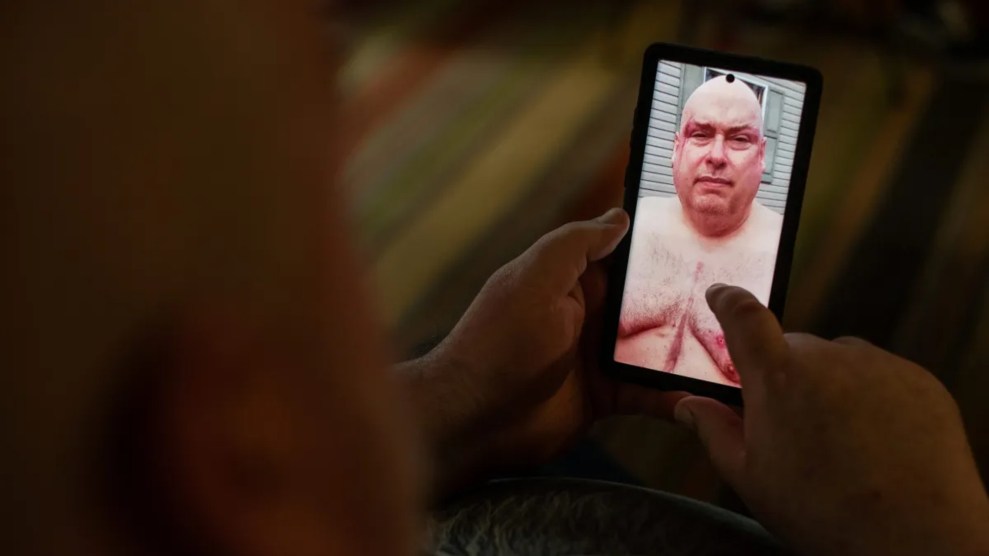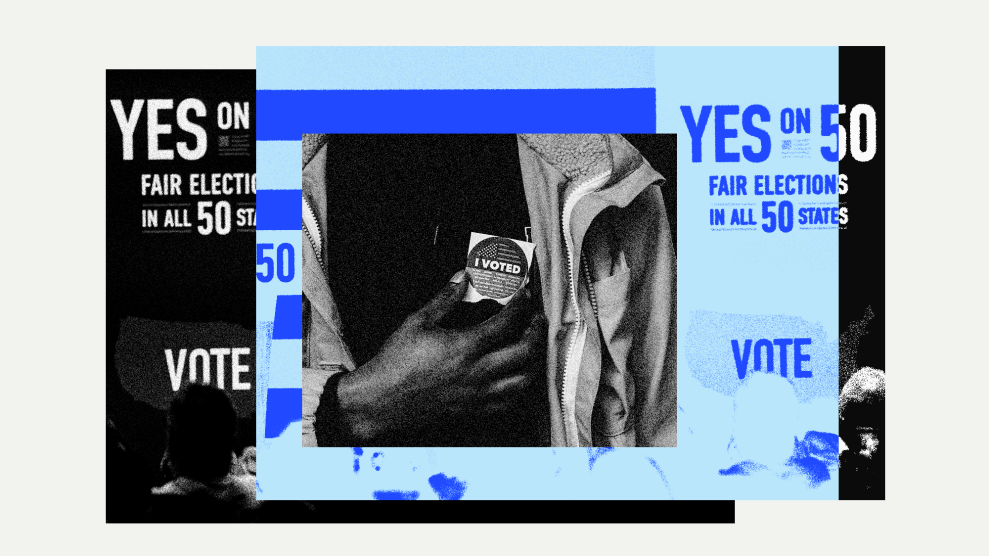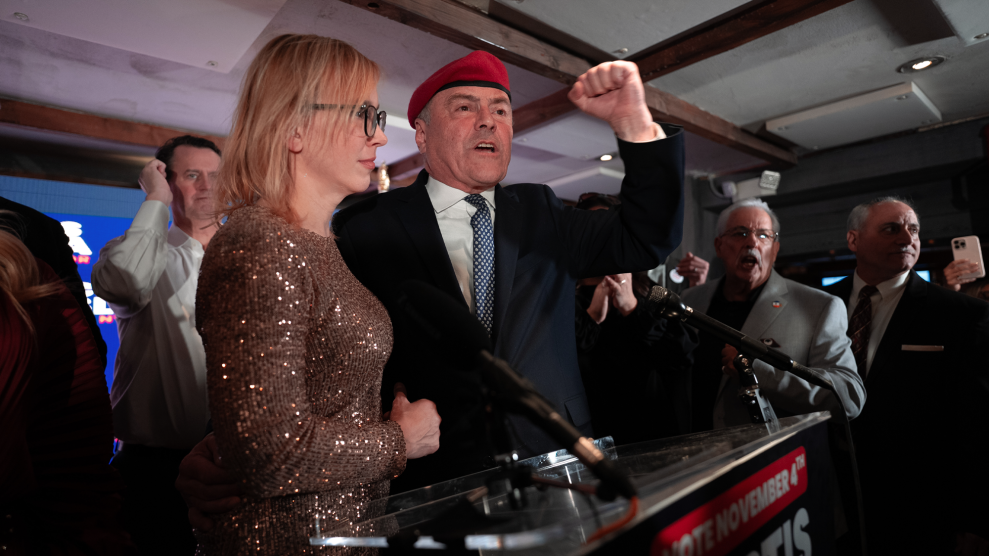| |
Congress held a two-day hearing this week into the August power outage that unplugged 50 million people across eight Northeastern states and Ontario. Spencer Abraham, the energy secretary, told the House Energy And Commerce Committee Wednesday that the government was making “good progress” toward figuring out what went wrong. Then again, he also said it would take weeks to gather all the relevant data, and possibly a year to puzzle it all out.
In the meantime, Congress has to resolve how the blackout will affect passage of energy legislation this fall. As Tom Diemer and Sabrina Eaton of the Cleveland Plain-Dealer note, Democrats and environmentalists fear the Bush administration want to use the blackout as an excuse to hustle through a broad energy bill that, in addition to providing for needed upgrades to the energy grid, gives the OK to drilling in Alaska’s Arctic National Wildlife Refuge (that again!), and encourages energy companies to crank up oil and gas production.
Dems are demanding that blackout-related legislation be kept separate from the bad stuff. Rep. Ed Markey (D-MA) put it nicely:
“‘The problem is not in Alaska, it is in Ohio. The solutions won’t be found above the Arctic Circle, but below Lake Erie.'”
As for the inquiry, it’s feared the energy industry will leverage its close ties to the Bush administration to hinder the investigation and evade blame. At present, the utility industry is monitored by merely voluntary transmission rules. The North American Electric Reliability Council (NERC) is charged with setting those rules — but the Council’s President, Michehl Gent, admits it has little to no authority to enforce compliance. Again, the Plain-Dealer :
“Gent told the committee that half the 444 NERC procedure violations that utilities committed last year were serious enough to have caused blackouts. Though his organization can’t sanction those who break its rules, he estimated utilities would have had to pay around $9 million in fines if such a system were in place.”
Whether or not such a system will be put in place will depend in part on how much influence the utility industry can bring to bear. Utilities pony up a whole lotta campaign cash, and not just to Republicans. Members of the very committee charged with investigating the blackout received $7 million from electric utilities over the past 15 years, Steven Weiss of Capital Eye reports. And the highest donation was made to the Committee’s ranking Democrat, Rep. John Dingell, of Michigan. :
“Overall, electric utilities have contributed more than $85 million in individual, PAC and soft-money donations to federal candidates and parties since 1989, nearly two-thirds of that to Republicans. Contributions from the industry have risen each election cycle during that period…”
Judging from telephone transcripts discussed at the hearing, industry oversight sounds like a good idea. The blackouts were caused at least in part by communication breakdowns and a lack of broad enforcement over the large area served by the Northeast’s power grid. Peter Behr of the Washington Post reports:
“The transcripts supported complaints by Michigan officials who said a communications breakdown left them unaware of the Ohio system’s problems until moments before the cascading power failure began.
The conversations show control-center personnel struggling to get a handle on what was going on (among other things, a generator run by a non-utility merchant company was increasing its power output in a way that threatened to knock out other power lines). A utility worker complained: ‘I don’t have control of them anymore like I used to… Technically, they are in their own control area.'”
Who’s in charge here? And will the administration and Congress provide some adult supervision? Or at least some honesty about what’s up with our power system? Maybe not. Maybe it’s best for the government and the electricity industry if the American public is left in the dark.
















